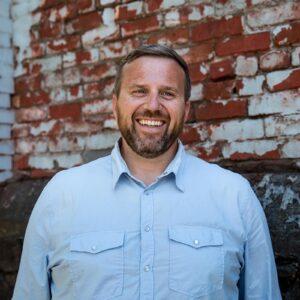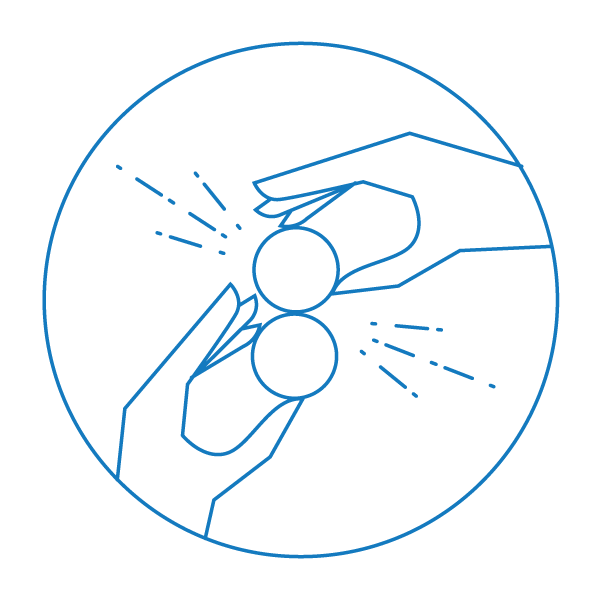
Knowledge Systems Program Director
In October 2018, the Sustainable Southeast Partnership convened for our 5th annual retreat on Prince of Wales Island. Photo credit: Bethany S. Goodrich

Last summer, Ecotrust Indigenous Fellow Miakah Nix left her Pacific Northwest home and traveled 1,000 miles north to the Tlingit community of Hoonah, Alaska. For the next six months, she worked alongside the Hoonah Native Forest Partnership and others to center Native knowledge and voices in natural resource decision-making. (Explore more of Miakah’s work in her own words here.)
During her time in Hoonah, Miakah worked closely with members of the Sustainable Southeast Partnership (SSP), a diverse network of organizations and individuals working together to reach cultural, ecological, and economic prosperity in Southeast Alaska. And in an exciting step forward — not only for Miakah’s ongoing work, but for our broader work and mission in the region — Ecotrust was invited and officially joined the SSP this February.
Ecotrust’s work in Alaska is grounded in Lilla Watson’s powerful words on collaborative engagement: “If you have come here to help me, you are wasting your time. But if you have come because your liberation is bound up with mine, then let us work together.”
Our strategy has been to identify mission-aligned partners and add capacity to locally developed projects. With the SSP, we share a vision: that it is not only possible, but imperative that we transition the economy away from heavy natural resource extraction, and toward the promise of equitable, resilient, and environmentally-sound solutions that work for both people and place. By focusing on forestry, food, fisheries, technology, and storytelling, we can build not only economic stability, but community resilience as well.
Based primarily in the Alaska Native communities of Hoonah, Hydaburg, Kake, Kasaan, Klawock, Sitka, and Yakutat, the members of the SSP work to identify shared priorities and create projects to address them. Each community also hosts a “Community Catalyst,” who works not only to implement projects, but to address broader systemic issues that lead to persistent challenges.
Ecotrust’s own work has intersected with the SSP over the past three years, including projects and collaborations around the Hoonah Native Forest Partnership, pescatourism feasibility research, the Keex’ Kwaan Community Forest Partnership, and SSP impact evaluation.
As a formal member of the Partnership, a host of opportunities are now opening up for us: participating directly in new and developing projects throughout the region, building a strong web of support behind Miakah and her work, and facilitating an exchange of ideas that benefit other rural development projects in the lower 48 through sharing approaches.
To the SSP and its collective of organizations, we are excited to offer up our capacity to create technology that integrates local knowledge, our deep experience supporting rural communities in the pursuit of new resource management and economic models, and our strong working knowledge of creative capital.
Most importantly, we have a lot to learn from our new SSP partners. Alaska Native communities are at the center of a powerful model for collaborative information sharing, decision making, priority setting, and skills building on the ground, right now. We believe this model can and should be adapted on a broader scale in the lower 48, as communities dependent on resource extraction begin to shift their economies to accommodate a more climate-responsive—and climate-resilient—future.
This exchange and learning is already under way. Today, Miakah is working with the Keex’ Kwaan Community Forest Partnership, an SSP partner in the village of Kake, to support a community forest approach to long-term, resilient watershed management. The overall goal of the project is to achieve a measurable blend of timber, fish, and wildlife production, as well as other natural products like berries, botanicals, and firewood—all while encouraging local economic diversification and supporting improved watershed health.
Ecotrust is in Southeast Alaska for the long haul. We look forward to sharing more stories of community, impact, and expanding collaboration. And we encourage you to follow along with SSP on its website, Instagram, Facebook, and via its seasonal newsletter.
